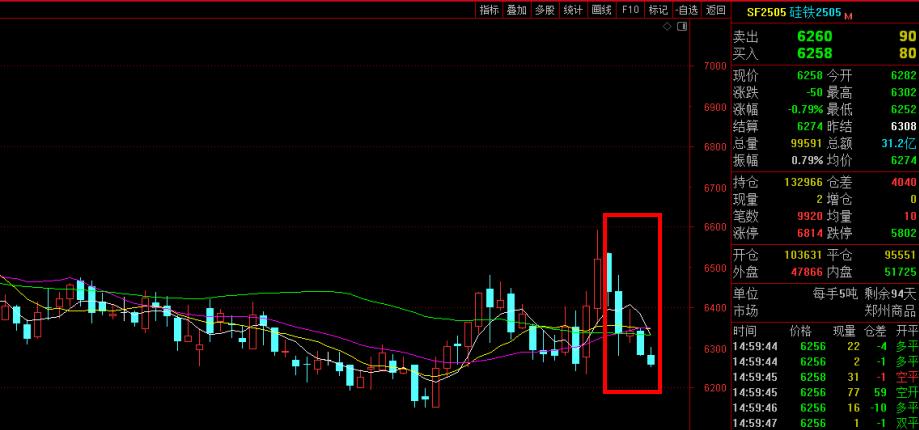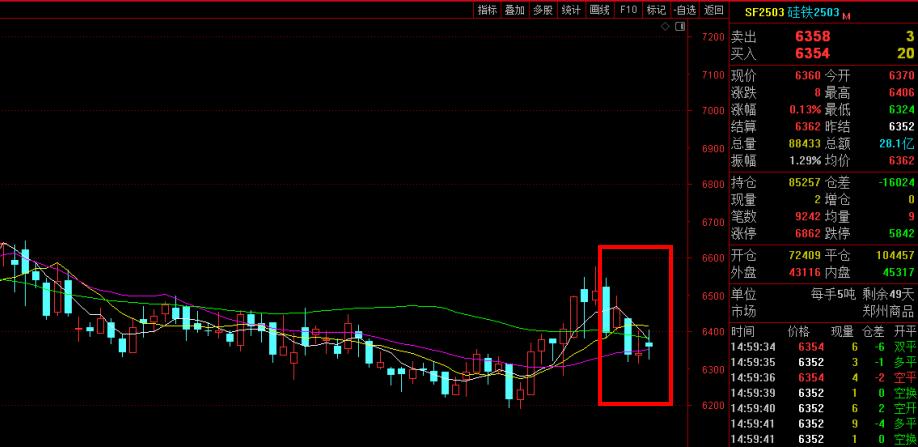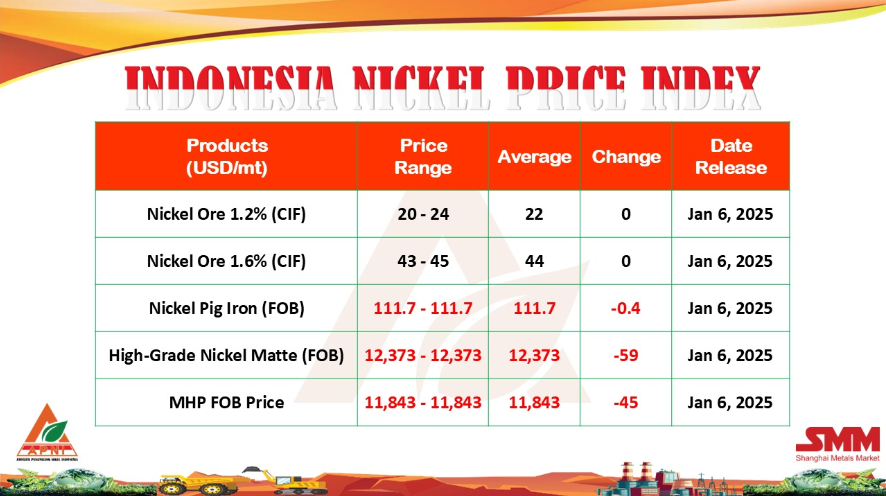[ferro-alloys.com]Although India's imports and exports of finished steel products both fell during April to September, countries affected by the US Section 232 tariffs have adjusted their shipment trends to India, data from the Joint Plant Committee showed.
Higher imports were seen from South Korea at 1.32 million mt, up 13.8% from 1.16 million mt on year but imports from China fell to 345,000 mt, down 33.4% from 518,000 mt. Imports from Japan fell to 541,000 mt, down 8.8% from 593,000 mt.
JSW Steel said Thursday that escalating trade measures resulted in a diversion of steel imports from steel-surplus countries into India.
In March, the US imposed an additional 25% tariff on steel from several countries, including Japan and China, along with a 10% additional levy on aluminum.
It said overall imports from China, Japan and South Korea to India rose to 1.58 million mt in July-September, up 560,000 mt or 54.9%, from 1.02 million mt in January-March.
But the three countries' exports to the US fell from 1.48 million mt (January-March) to 0.99 million mt (July-September), 490,000 mt or 33.1% lower, JSW Steel said, citing JPC data. State-run JPC is the sole Indian body authorized to collect data on the domestic steel and iron industry.
Japan and South Korea have free trade agreements with India and so enjoy duty reliefs. Market participants said the FTAs allow imported steel to be about 10% cheaper than domestic steel.
Amid concerns that the imports could led to dumping, there have been calls from the steel industry to the government to curb steel imports using safeguard duties.
Notably, the higher imports come amid a weaker rupee. Typically a weaker currency tends to make imports more expensive while exports are less expensive.
This year, the rupee has performed badly against the US dollar due to global uncertainties and concerns over inflation. It touched an all-time low of Rupees 74.35 to the dollar on October 9.
Though it might be early to say if a long-term import trend will arise, the import and export data from the JPC points to a different effect.
The data also points to a shift in requirements of certain steel products.
By category, April-September imports of non-flat finished steel products reached 585,100 mt, up 30.5% from 448,510 mt while flat steel products amounted to 3.42 million mt, 11.6% lower from 3.87 million mt the year before.
Imports of semi-finished steel, which includes slabs, billet and re-rollerable scrap hit 552,130 mt, 10.7% more from 498.690 mt the year before.
"...increasing trade tensions, volatile currency movements and uneven growth are increasing uncertainty for sustainability of global steel demand growth," JSW Steel said.
(S&P Global Platts)
- [Editor:王可]



 Save
Save Print
Print Daily News
Daily News Research
Research Magazine
Magazine Company Database
Company Database Customized Database
Customized Database Conferences
Conferences Advertisement
Advertisement Trade
Trade














 Online inquiry
Online inquiry Contact
Contact

Tell Us What You Think